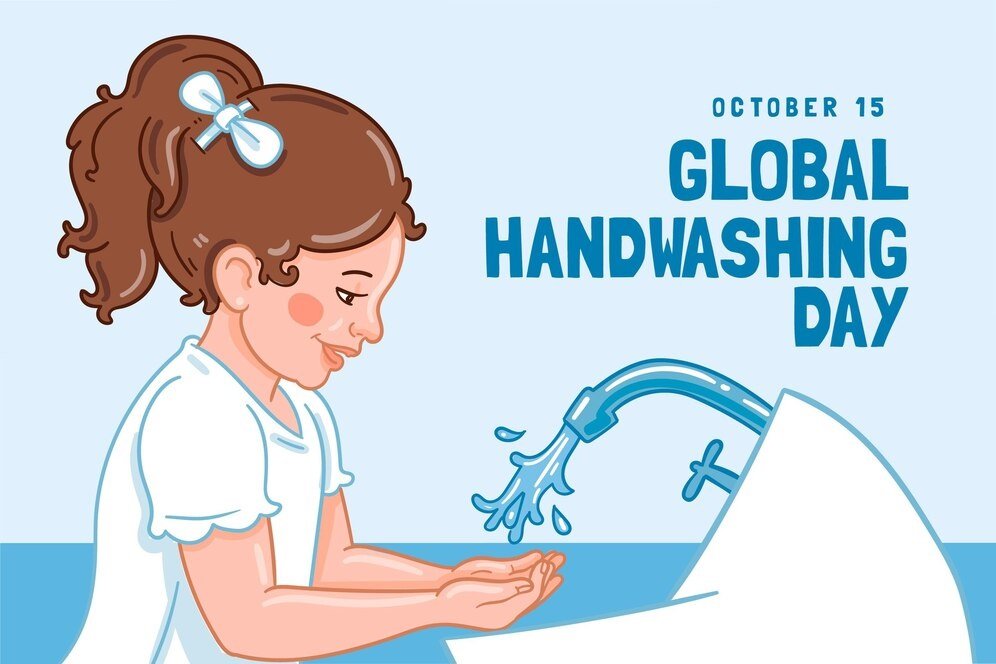The human brain, a complex organ weighing approximately 1.5 kilograms (3.3 pounds), is the command center of our bodies. It is responsible for everything from our thoughts and emotions to our movements and senses. It’s a fascinating organ that continues to baffle scientists despite centuries of study.
Here are 11 fun facts about your brain:
1. The Brain is Plastic
One of the most fascinating things about the brain is its plasticity. This means that it can change and adapt throughout our lives. For example, when we learn a new skill, the brain forms new connections between neurons. This is why we can learn new languages or play musical instruments even as adults.
2. The Brain is Mostly Water
The brain is made up of about 75% water. This water is essential for the proper functioning of the brain cells. Dehydration can lead to a number of problems, including headaches, fatigue, and difficulty concentrating.
3. The Brain Uses a Lot of Energy
The brain is a very energy-hungry organ, using about 20% of the body’s total energy. This is despite making up only 2% of the body’s weight.
4. The Brain is Divided into Two Hemispheres
The brain is divided into two hemispheres: the left hemisphere and the right hemisphere. Each hemisphere is responsible for different functions. For example, the left hemisphere is typically associated with language, logic, and reasoning, while the right hemisphere is associated with creativity, intuition, and spatial awareness. However, it’s important to note that both hemispheres work together to perform most tasks.
5. The Brain Has Many Folds and Grooves
The surface of the brain is covered in folds and grooves. These folds and grooves increase the surface area of the brain, which allows for more neurons and connections.
6. The Brain Has Billions of Neurons
The human brain contains approximately 100 billion neurons. These neurons are the basic building blocks of the brain. They transmit electrical signals to each other, which allows us to think, feel, and move.
7. The Brain Has Trillions of Connections
The neurons in the brain are connected to each other by trillions of synapses. Synapses are the gaps between neurons where electrical signals are transmitted. The strength of these synapses can change over time, which allows the brain to learn and adapt.
8. The Brain Has a Protective Layer
The brain is protected by a three-layered membrane called the meninges. The meninges help to cushion the brain and protect it from injury.
9. The Brain Has a Blood-Brain Barrier
The brain is also protected by the blood-brain barrier. This barrier is a tight junction between the cells of the blood vessels in the brain. It prevents harmful substances from entering the brain.
10. The Brain Shrinks with Age
The brain naturally shrinks as we age. This is due to a loss of neurons and connections. However, the brain can remain healthy and functional well into old age.
11. The Brain is a Fascinating Organ
The brain is a truly fascinating organ. It is responsible for everything that makes us human. Scientists continue to learn new things about the brain every day.
Additional Facts and Insights
- The Brain and Sleep: Sleep is essential for the brain to function properly. During sleep, the brain consolidates memories, repairs itself, and removes waste products.
- The Brain and Exercise: Exercise is good for the brain. It helps to improve blood flow to the brain and promotes the growth of new neurons.
- The Brain and Diet: A healthy diet is important for brain health. Foods that are good for the brain include fruits, vegetables, whole grains, and fish.
- The Brain and Stress: Chronic stress can damage the brain. It can lead to inflammation, which can damage neurons and connections.
- The Brain and Mental Health: The brain is involved in mental health. Disorders such as depression, anxiety, and schizophrenia are thought to be caused by imbalances in brain chemistry.
The human brain is a complex and fascinating organ. It is responsible for everything that makes us human. By understanding more about the brain, we can learn how to keep it healthy and improve our overall well-being.
Also read: 11 FAQs About WASH (Water, Sanitation, and Hygiene) in Schools










